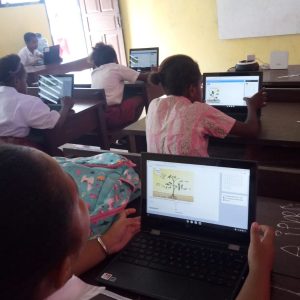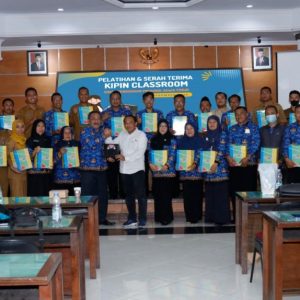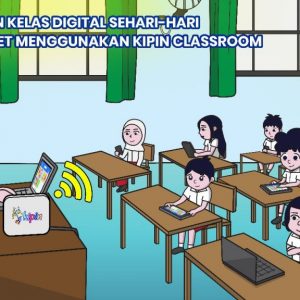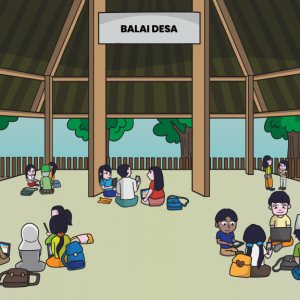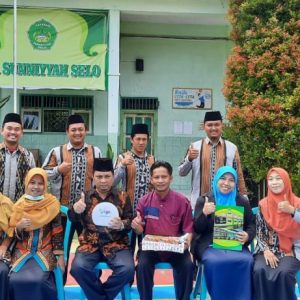In newly industrial countries like Indonesia, there are several internet-related problems that can pose challenges to the implementation and effectiveness of EdTech initiatives. Some of the common internet problems faced in Indonesia include:
- Limited Infrastructure: Developing countries often have inadequate internet infrastructure, including limited broadband coverage and unreliable connectivity. This lack of infrastructure can result in slow internet speeds and frequent interruptions, hindering the smooth functioning of EdTech platforms and applications.
- Limited Access to Internet: Many individuals in developing countries, particularly in rural and remote areas, lack access to the internet altogether. This digital divide creates an accessibility gap, preventing students and educators from fully utilising online educational resources and tools.
- Affordability: Internet access can be expensive in developing countries, making it challenging for students and schools with limited financial resources to afford reliable internet connections. High costs can limit the accessibility of EdTech solutions and hinder widespread adoption.
- Power Outages: Frequent power outages or unreliable electricity supply can disrupt internet connectivity, making it difficult for students and educators to consistently access and use online educational resources. Without a stable power supply, EdTech initiatives may face significant obstacles.
- Bandwidth Constraints: Limited bandwidth can result in slow internet speeds and difficulty in handling large data transfers, such as streaming videos or accessing multimedia-rich educational content. This can affect the quality of online learning experiences and limit the effectiveness of certain EdTech applications.
- Unequal Distribution: Even when internet access is available in certain areas, there may be disparities in its distribution, with urban areas having better access compared to rural regions. This unequal distribution can exacerbate educational inequalities and hinder equitable access to EdTech tools and resources.
Addressing these internet-related problems in Indonesia could take a very long time with measurement in decades since it requires massive concerted efforts from governments, educational institutions, and organisations involved in EdTech initiatives.
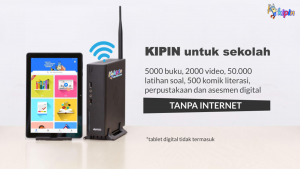
Kipin.id edtech approaches the above challenge differently. It has successfully bridged the digital divide by promoting an innovative offline server including 5,000 books, 2,000 school videos, 50,000 question banks, and 500 literacy educational comics without any need for internet. Truly innovative solution for the problems mentioned in this article.
Steffina Yuli said “Kipin is an all-in-one solution that truly addresses the core problems listed above for Indonesian schools, this is how Kipin edtech wins because teachers can connect to Kipin”. Kipin edtech has been growing very fast in the last two years reaching over 2,000 schools nationwide https://kipin.id/web/lokasi-kipin-di-indonesia/
“As a teacher, my emotions can connect to the Kipin edtech device, it answers the teaching materials that we need, it provides wifi connection to all our students without paying for the internet, Kipin just works!” said one teacher. Another teacher added, “We teachers really recommended the Kipin Classroom device for any school in Indonesia.”
To see thousands of schools using Kipin edtech, you can visit Kipin official youtube channel here https://www.youtube.com/@PendidikanIndonesia

